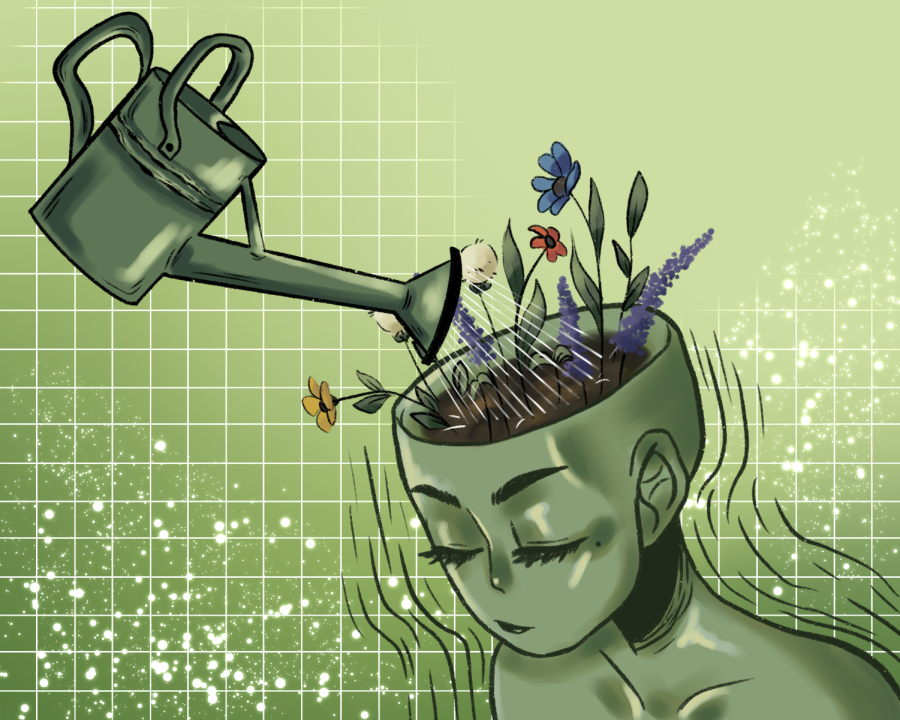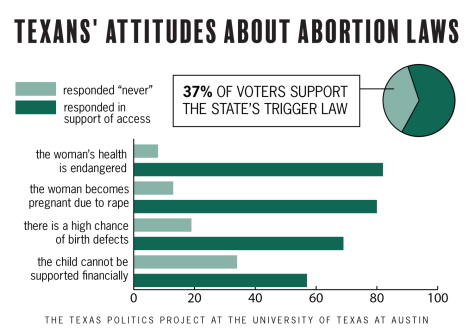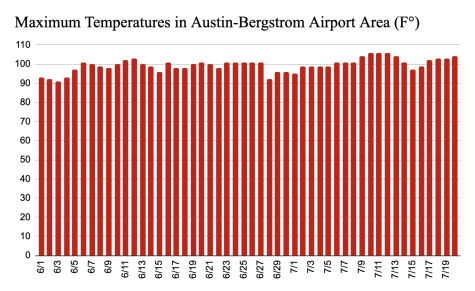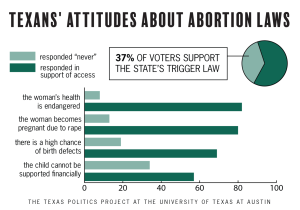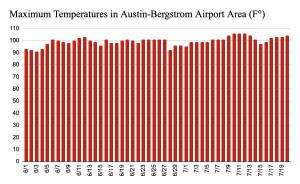Managing, understanding stress can help students perform better academically, according to research
July 24, 2022
To counteract the stress of college, students learn skills for minimizing or avoiding academic anxiety in order to manage the challenges they face. A team of researchers aims to change that narrative, however, by teaching adolescents how to embrace their academic stress and use it to grow through a 30-minute online mindset training.
The training teaches students to remember that confusion and struggle when doing difficult academic work doesn’t last forever, and as one faces struggles, they grow smarter. Secondly, it teaches students to get support or develop skills needed to master challenges and third, it teaches that a stress response is there to help reach peak academic performance level.
The study’s co-author Christopher Bryan said the training emphasizes two main ideas: the brain forms stronger neural connections when challenged and how to adopt a stress-can-be-enhancing mindset. The study focuses on stress caused by academic pressure and teaches both growth mindset and stress mindset intervention which, combined, can help enhance academic performance.
“The first component of the synergistic mindset intervention is called a growth mindset,” said Bryan, an assistant professor of business, government and society. “Fundamentally, just the idea that you can get better at things. The reason that’s so important is that when you believe you can get better at things it changes your interpretation of the experience of struggle and difficulty on a hard task.”
Instead of a student responding to stress with thoughts of inadequacy and frustration, Bryan said a growth mindset can change those thoughts into believing stress is what it feels like to embark on a path of becoming really good at something.
The second component of the training addresses the internal experience of stress, Bryan said, like butterflies in the stomach, a pounding heart and heavy breathing.
“You get up to give a talk and your heart’s pounding and maybe you’re sweating and struggling to catch your breath, and you think, ‘Oh, man, I’m going over my head, I’m headed for a terrible failure.’” Bryan said. “The reality is those physiological responses are there to help you perform.”
The body responds with these stress symptoms when under high demand, but they are actually there to help the body perform at its peak level, Bryan said. The heart beating fast delivers an extra liter of oxygen to the brain each minute, giving it more fuel to work. Sweat allows the body to cool down from the heat generated by pumping extra blood to the brain. The body also releases hormones like adrenaline to boost strength and mental clarity.
“This is my body doing what it’s supposed to do to help me perform,” Bryan said. “The primary way that these stress responses undermine our performance is that we let them distract us. … If you understand that (your body is) doing that to help you, then you can just forget it and let your body do its thing and you focus on doing your thing.”
The study showed that students who received the synergistic mindsets intervention exhibited lower levels of generalized anxiety symptoms four months later. The intervention improved stress-related thinking, cardiovascular reactivity, psychological well-being and academic success, and reduced daily cortisol levels and anxiety symptoms during 2020 COVID-19 lockdowns.
In the researchers’ final study, one group of students only learned growth mindset, one group only learned the stress mindset intervention and one group learned both. Adolescents who received both, said co-author Jared Murray, were the only ones that showed meaningful treatment effects.
“We also expected that we would see larger treatment effects … among students that believed that they had fixed abilities,” said assistant McCombs professor Murray, who worked on data-analysis for the study. “People that thought, ‘Well, I just can’t do math,’ or ‘I’m just a terrible public speaker,’ or people who had sort of negative beliefs about that physiological stress reaction.”
Stress is an important part of adolescence, Bryan said, and needs to be understood as a central part of development that helps youth acquire skills that define them as adults.
“If adolescents follow the recommendation to avoid stress, one of the likely consequences is that they will miss out on vital opportunities to acquire valuable skills and knowledge that would help them to be more successful, more fulfilled adults,” Bryan said.

